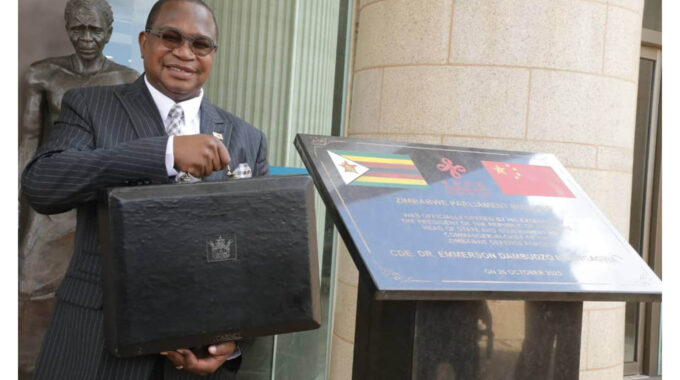Govt demands risk-based auditing of councils
GOVERNMENT has called upon internal auditors to play their part in enhancing service delivery and weeding out corruption within local authorities through embracing professionalism and conducting risk-based auditing.
This comes at a time when many councils are being criticised for failing to deliver critical services to their communities amid accusations over alleged misappropriation of funds.
Most councils are under fire from ratepayers over failure to meet standards regarding rehabilitation of roads, water supply and sewer reticulation, refuse collection, among others.
This emerged during a three-day capacity development seminar for local authority internal auditors that ended at a local hotel in Bulawayo last Wednesday.
Delegates noted with concern that several council executives, particularly in urban councils, were on suspension over various offences, most of which relate to mis-governance and improper management of public resources.
Some offences can be mitigated if proper controls and procedures are adhered to, said Bulawayo Provincial Development Coordinator, Mr Paul Nyoni, in his address.
He said the internal audit unit, in particular, must rise to the occasion in local authorities as its operations were under scrutiny with more concerns over its effectiveness as a risk management tool and assurance provider.
“The internal audit is a key function and acts as an early warning management system in local authorities. Why would some issues be identified by the central Government and be missed by the internal audit unit and audit committee of council?” he asked rhetorically.
“Auditors need to practice risk-based auditing and should not be held accountable for any risk occurrences or management.”
Mr Thompson Marufu who represented the Ministry of Local Government and Public Works said performance management tenets were key to transforming local authority operations.
The gathering was part of a series of capacity building seminars targeting all the 92 local authorities in the country. The programme is jointly conducted and coordinated by the Ministry of Local Government and Public Works with support from the Local Authorities Capacity Enhancement Project 2 (LACEP 2), a project being funded by the European Union.
It seeks to enhance peer-to-peer interactive platforms for internal audit personnel to dialogue and exchange views on issues affecting them and identifying possible solutions.
The meeting ended with delegates proposing recommendations to capacitate the audit function of local authorities. Among these was the need to fully capacitate the audit department, which is currently thinly resourced, beefing up audit teams and ensuring that executives take audit propositions seriously.
The need to lobby and align the local government laws to the Public Finance Management Act, as well as standardising practice of the internal audit unit and audit committee across Local authorities was also stressed.-chroicles.cl.zw











